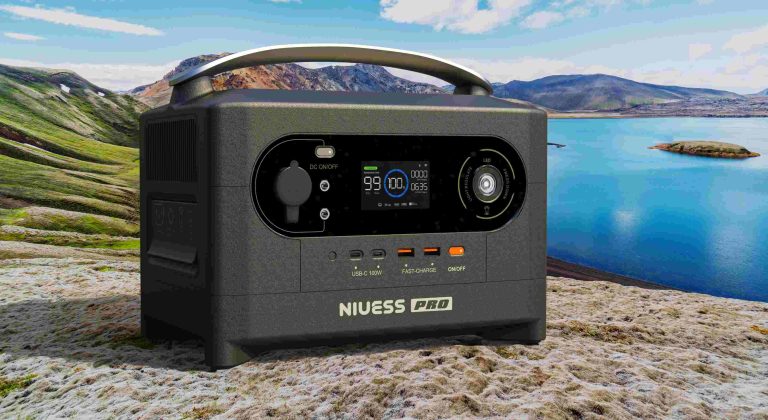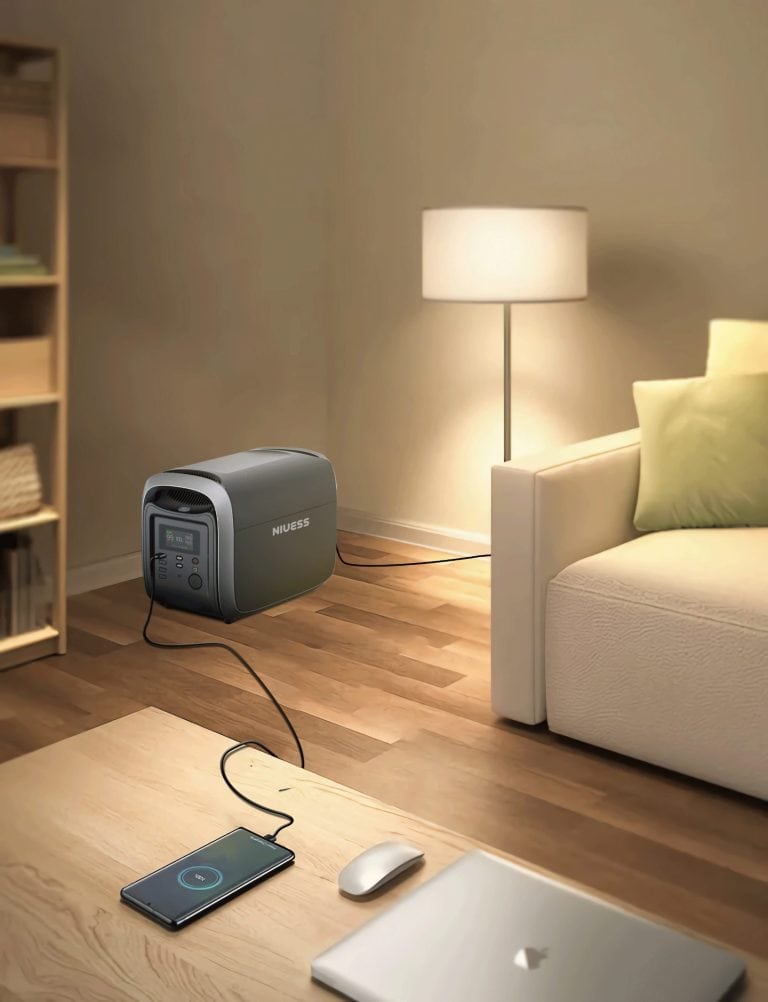What Is Residential Battery Storage?
Residential battery storage is a kinda of backup power supply for households. Residential battery storage refers to the use of battery systems within a home to store electrical energy for later use. The components of a typical residential energy storage system include the inverter rechargeable battery modules and some other accessories. Families install residential energy storage systems to store excess energy generated by renewable sources, like PV, wind, etc.
The Advantages of Residential Battery Storage
One of the main advantages of residential energy storage is the ability to store excess energy generated by renewable sources, such as solar panels. Solar energy systems produce the most electricity during the day when sunlight is abundant. However, this may not align with the peak energy consumption times for most households, which are typically in the evenings when the sun has set. By storing excess energy during the day, homeowners can use it during peak times, reducing their reliance on the grid and potentially saving money on their electricity bills.

Another benefit of residential battery storage is the increased resilience it provides during power outages. Traditional grid-tied solar systems without energy storage are designed to shut down during an outage to prevent backfeeding electricity into the grid, which can be dangerous for utility workers. However, with a residential energy storage system, homeowners can continue to power essential appliances and devices even when the grid is down. This can be particularly useful during natural disasters or other emergencies when grid power may be unavailable for extended periods.
The Types of Residential Battery Storage
There are several different types of batteries used for residential energy storage, with lithium-ion batteries being the most commonly used. Lithium-ion batteries offer high energy density, long cycle life, and excellent efficiency, making them a popular choice for homeowners. They are also relatively compact and lightweight, allowing for easy installation in residential settings. Lead-acid batteries, although less efficient and have a shorter lifespan compared to lithium-ion batteries, are still used in some residential battery storage systems due to their lower cost. Another type of battery gaining attention is the flow battery, which offers longer cycle life and potentially higher capacity, but at a higher cost.
The Residential Battery Storage Products for Choice
RePower is a professional battery expert focusing on the battery industry for over 20 years, we guard the safety of storage battery systems. It is very reliable to choose RePower’s residential battery storage, like NE-5600, and NE-11200, being assembled with Class-A branded lithium batteries, self-developed BMS, and self-developed inverters.
Key considerations for residential battery storage
When it comes to installing a residential battery storage system, there are a few key considerations. First, homeowners need to determine their energy needs and goals. This includes assessing their average daily energy consumption, understanding their peak load requirements, and identifying the capacity and power rating needed for their energy storage system. It is recommended to consult with professionals or energy storage providers to determine the optimal system size and configuration for specific needs.
Second, homeowners should consider the integration of the energy storage system with their existing renewable energy sources, such as solar panels. This involves ensuring compatibility between the inverter of the renewable energy system and the energy storage system, as well as establishing proper communication and control systems.

Lastly, it is important to be aware of local regulations and requirements for residential energy storage installations. Some jurisdictions may have specific permitting or interconnection requirements for energy storage systems, and homeowners should ensure compliance with these regulations. Consulting with local authorities or hiring a professional installer can help navigate these requirements and ensure a smooth installation process.
In conclusion, residential battery storage offers numerous benefits to homeowners looking to maximize the use of renewable energy and reduce their reliance on the grid. By storing excess energy generated by renewable sources, homeowners can increase self-consumption, reduce electricity costs, and improve the resilience of their power supply. With advancements in battery technology and decreasing costs, residential energy storage is becoming an increasingly attractive option for homeowners looking to embrace clean energy and take control of their energy consumption.





